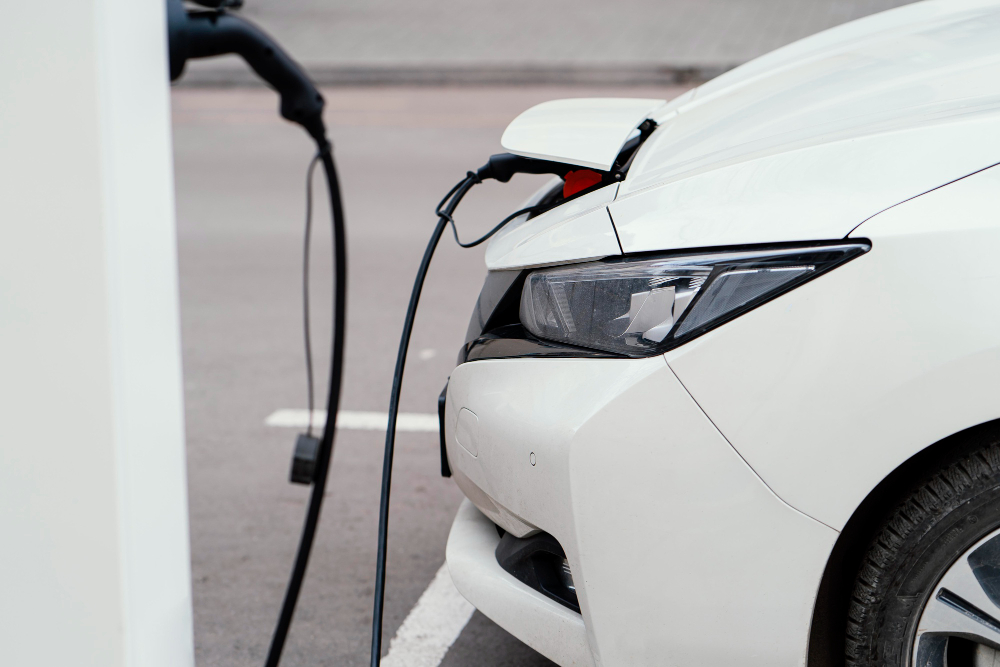As the world moves towards a cleaner and more sustainable future, electric vehicles (EVs) are increasingly important in transportation. However, EVs’ success heavily depends on government support for adoption and infrastructure development. In this article, we’ll explore the role of the government in supporting EV adoption and infrastructure.
Why Government Support is Important
Government backing is critical to the success of electric vehicles. The high cost of EVs and lack of charging infrastructure are two major barriers to adoption. Government support can help address these barriers and make EVs more accessible to consumers.
In addition to addressing these barriers, government support for EVs can have several other benefits, such as reducing air pollution, reducing dependence on foreign oil, and creating jobs in the clean energy sector.

What Governments Can Do to Support EV Adoption
There are several ways that governments can support EV adoption, including:
Financial Incentives
Financial incentives, such as tax credits or rebates, can help offset the high cost of EVs and make them more affordable for consumers. These incentives can also encourage automakers to produce more EVs, which can lead to economies of scale and lower costs for consumers.
Public Education
Public education campaigns can help raise awareness about the benefits of EVs and how they work. This can help dispel myths and misconceptions about EVs and increase consumer confidence in their reliability and performance.
Fleet Electrification
Government fleets, such as those used by the military or postal service, can serve as early adopters of EVs. This can help create demand for EVs and reduce the cost of batteries through economies of scale.
Zoning Regulations
Zoning regulations can require new buildings to include EV charging infrastructure, or mandate that a certain percentage of parking spots have EV charging stations. This can help increase the availability of charging infrastructure and make it more convenient for consumers to own an EV.
What Governments Can Do to Support EV Infrastructure Development
In addition to supporting EV adoption, governments can also play a key role in supporting the development of EV charging infrastructure. Here are some ways that governments can do this:
Funding
Governments can provide funding for the development of charging infrastructure through grants or loans. This can help attract private investment and make it more financially viable for companies to build charging stations.
Regulatory Support
Governments can also provide regulatory support for EV charging infrastructure, such as streamlining the permitting process or providing incentives for building charging stations in underserved areas.
Partnerships
Governments can partner with private companies or other organizations to build charging infrastructure. For example, a government might partner with a utility company to build charging stations along a highway.
Publicly-Owned Charging Stations
Governments can also own and operate their own charging stations, similar to how they own and operate gas stations. This can help ensure that charging infrastructure is available in underserved areas and provide a stable source of revenue for the government.